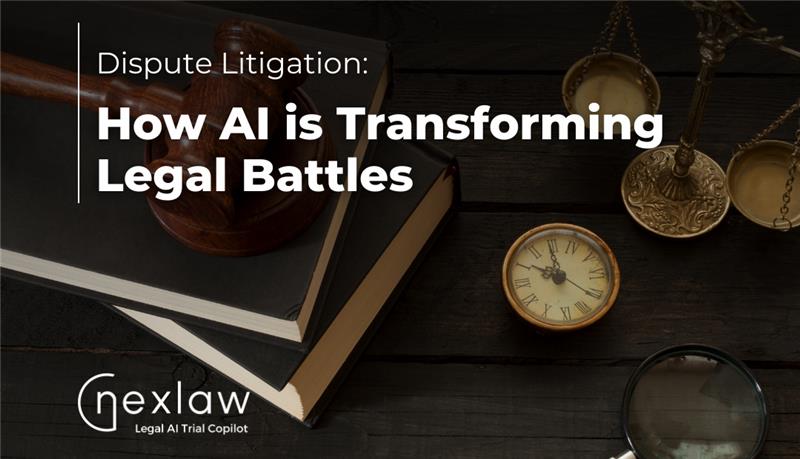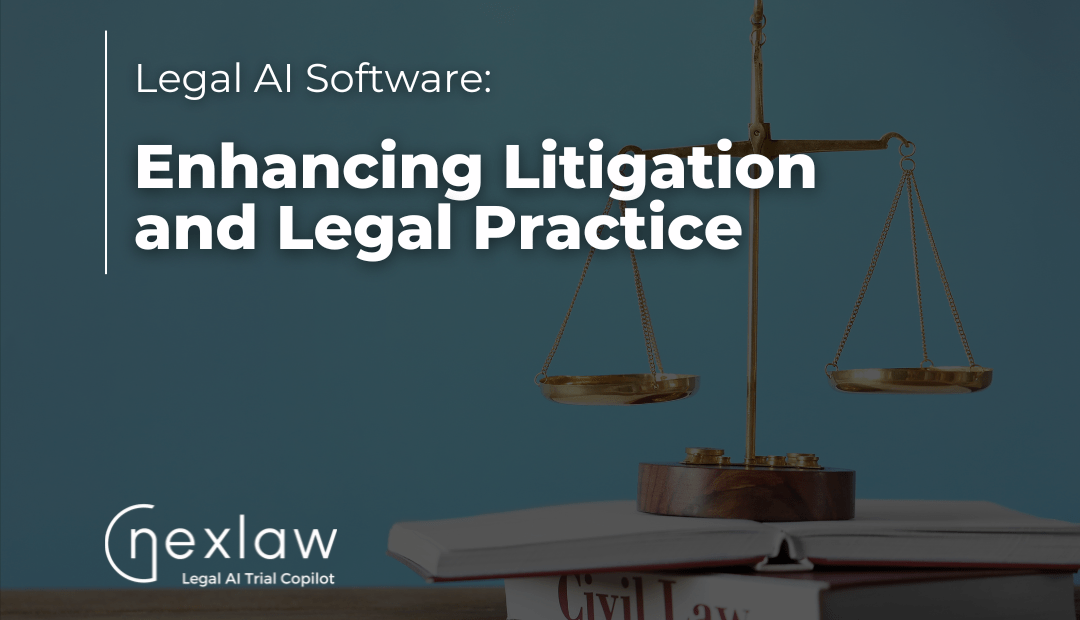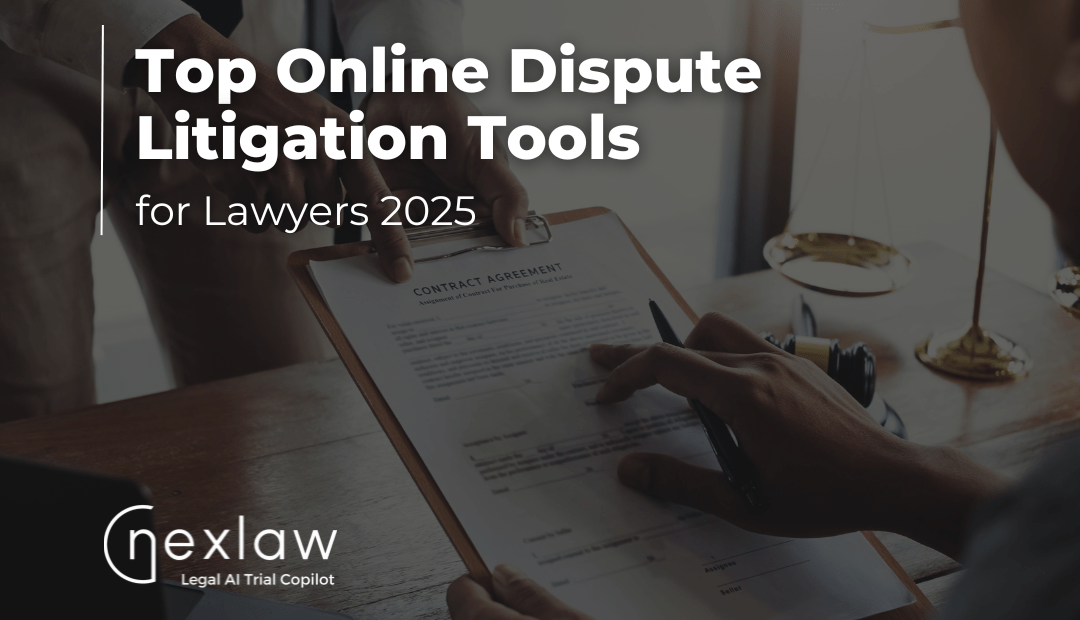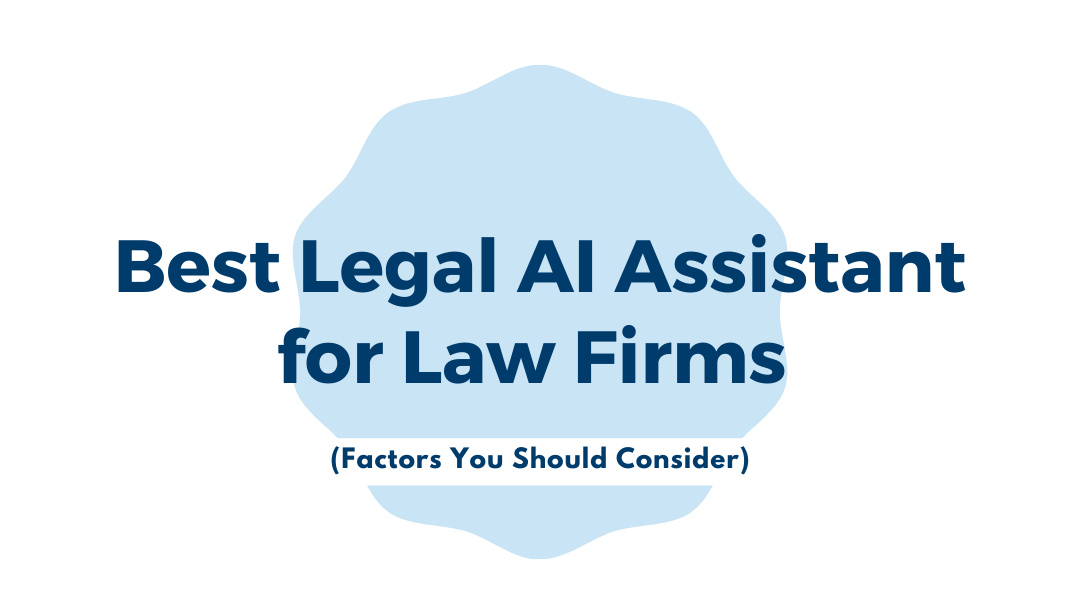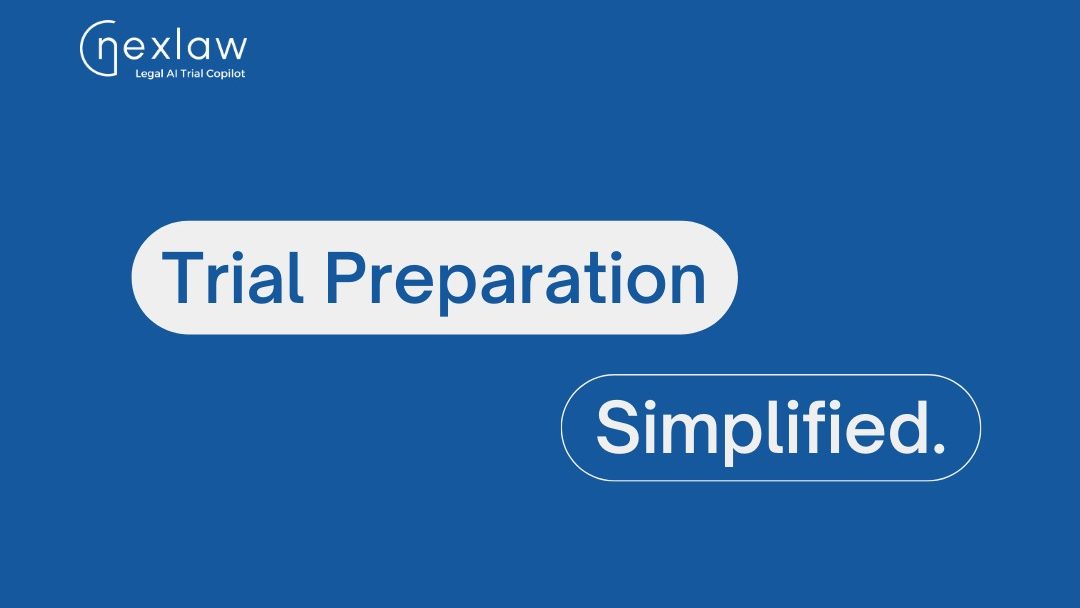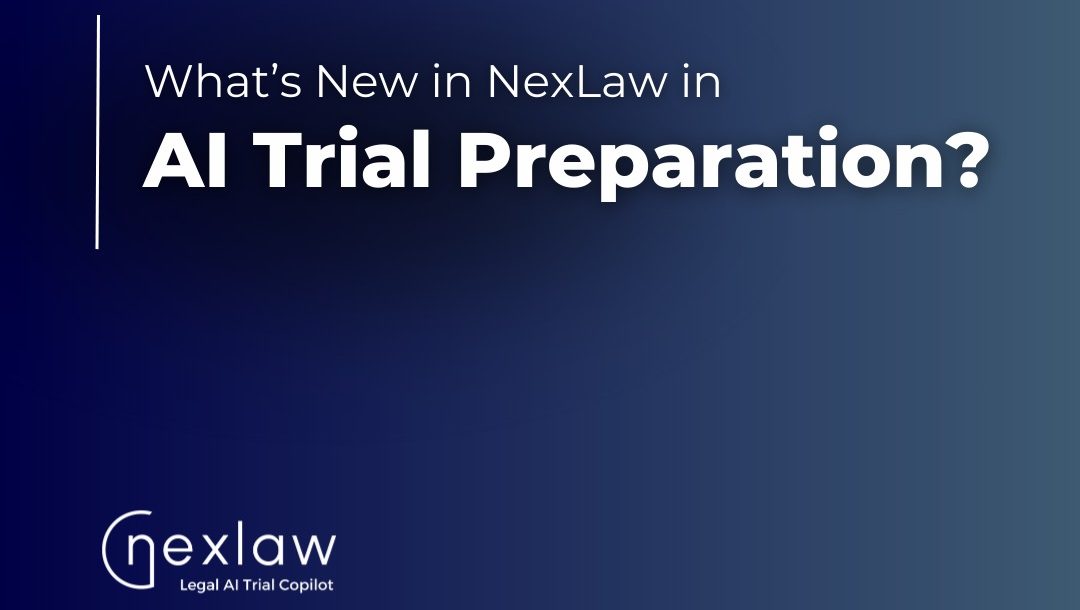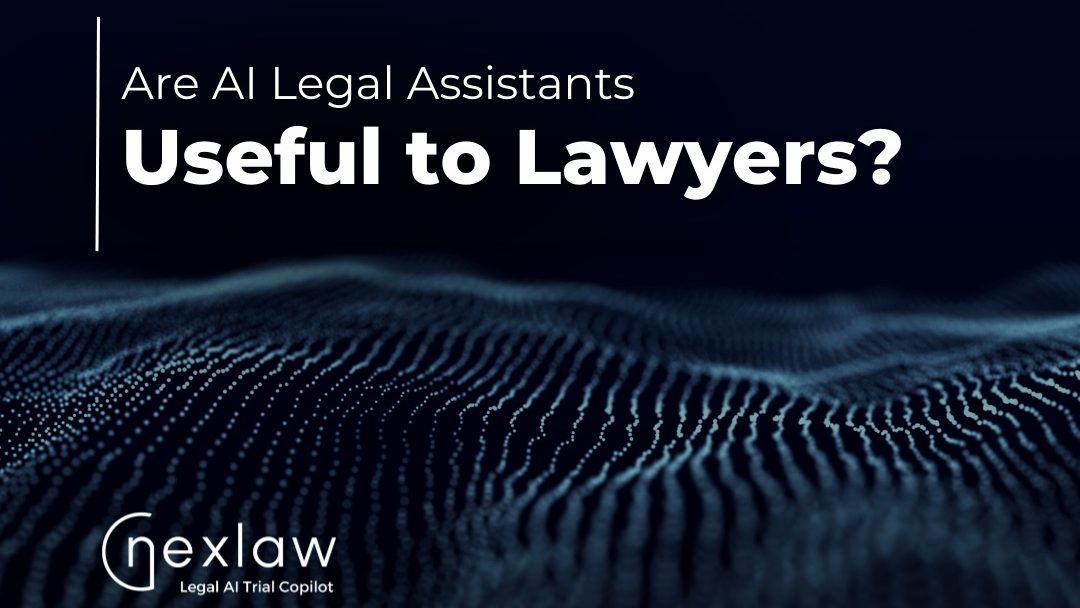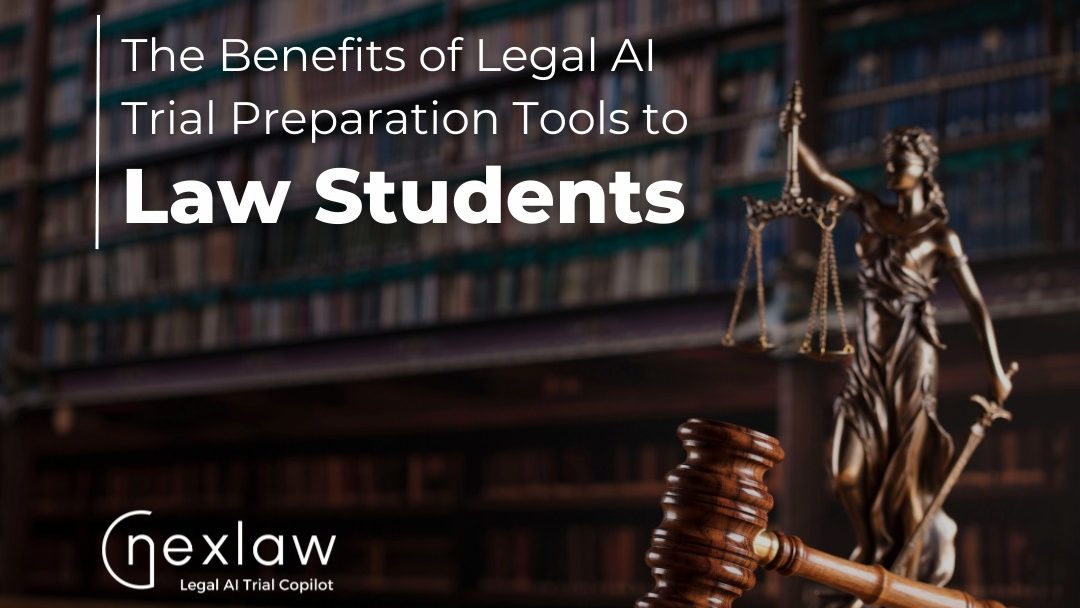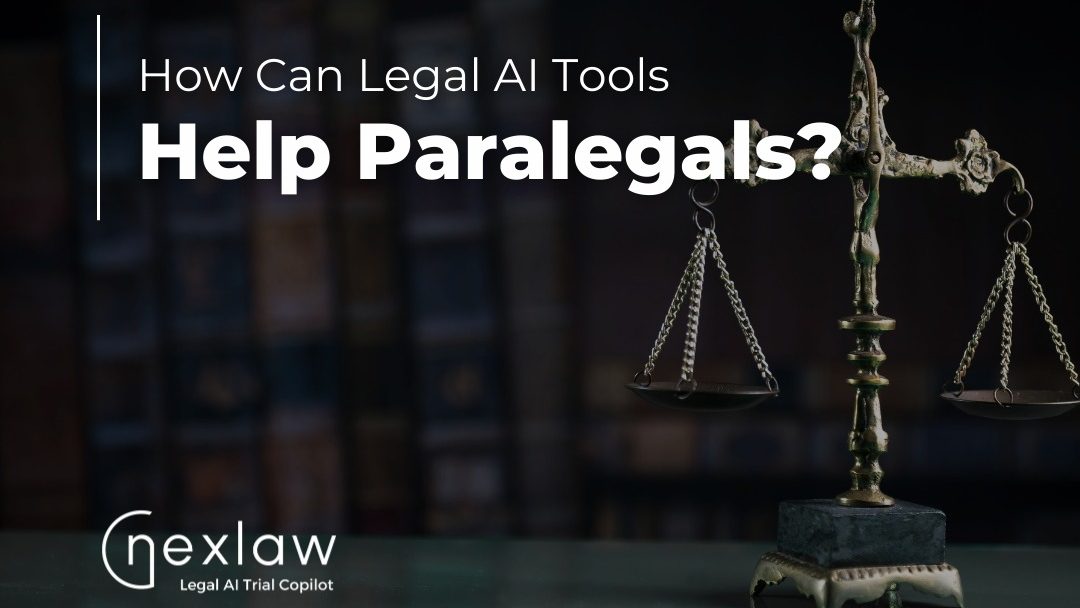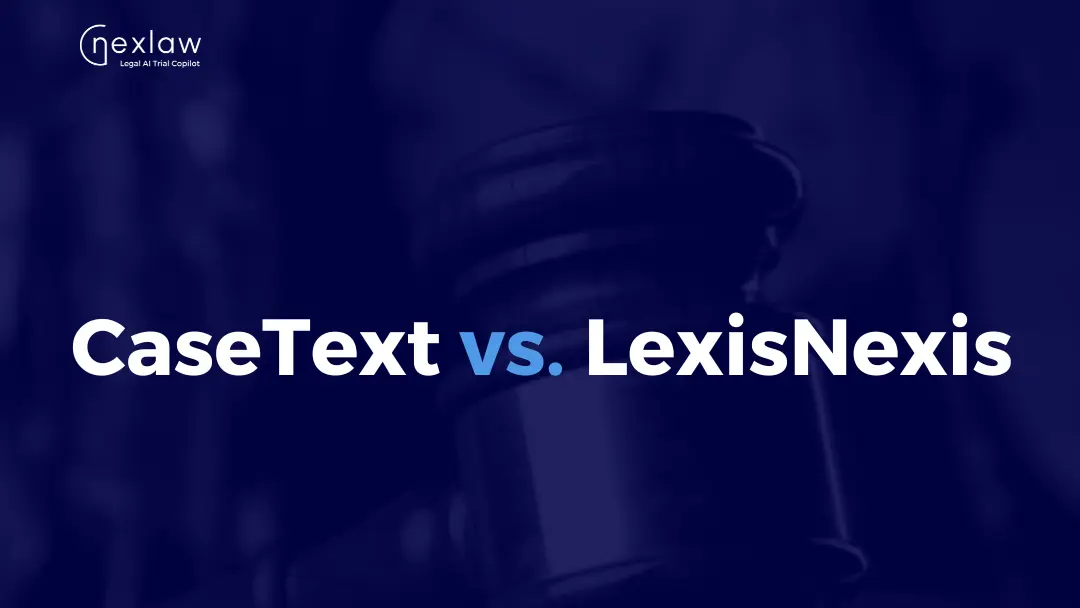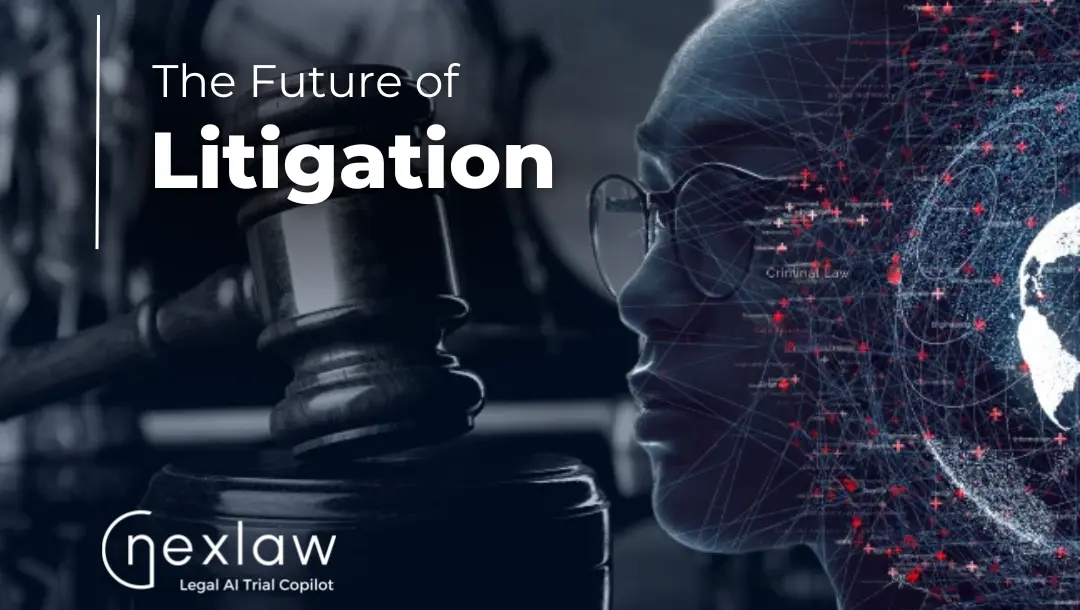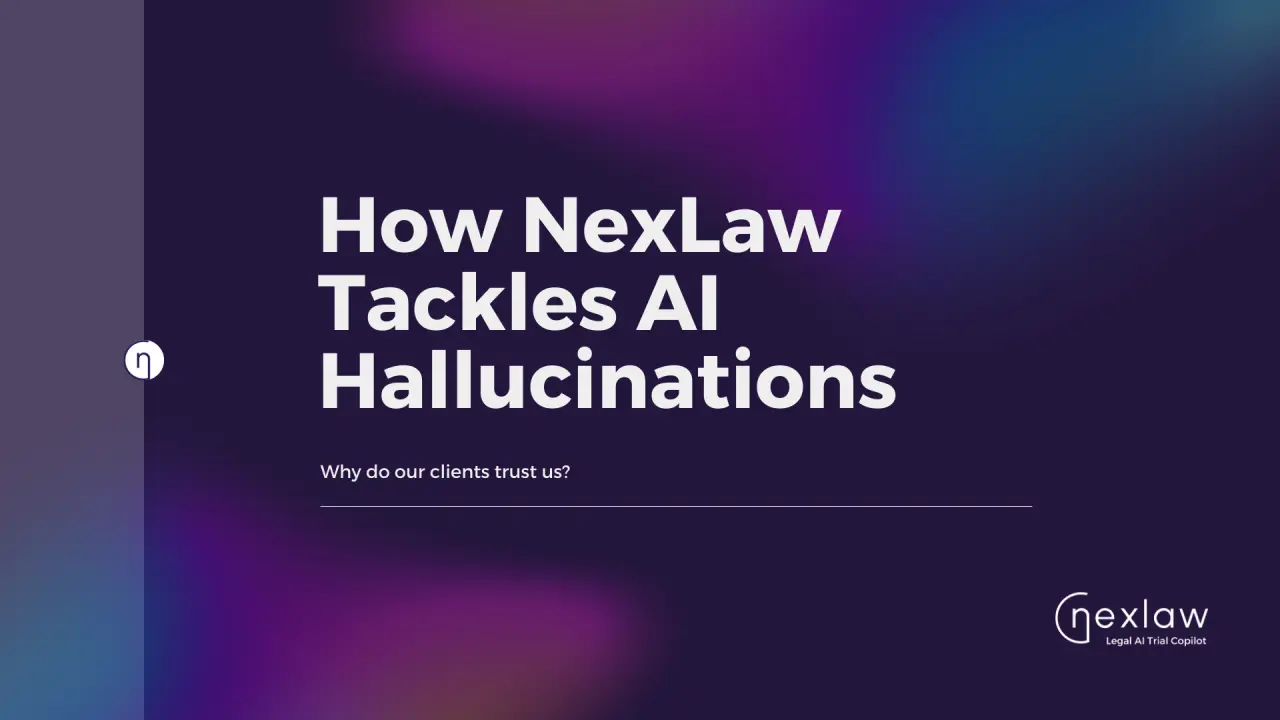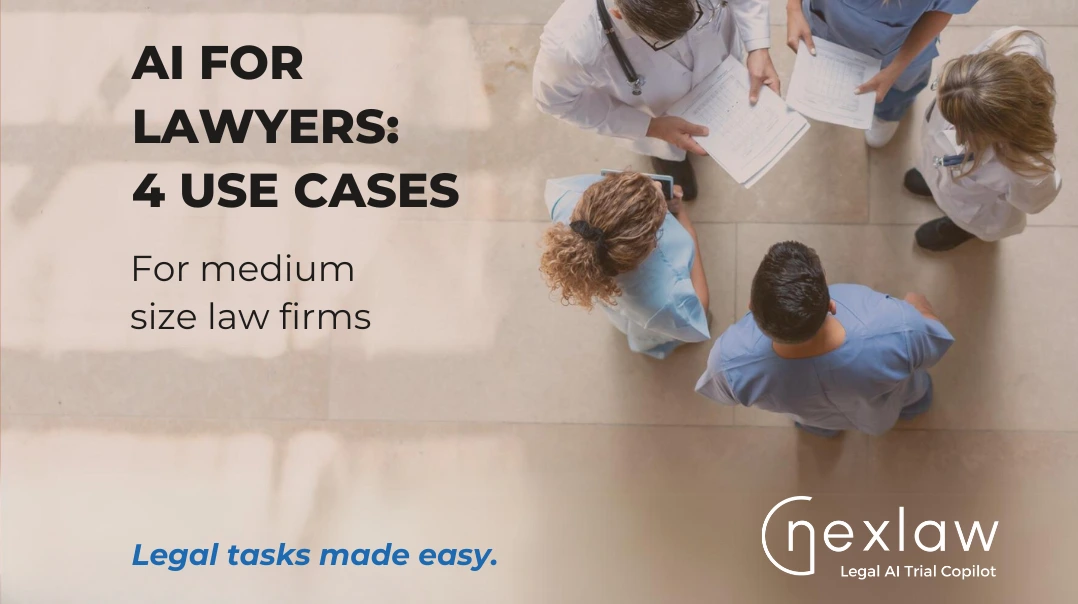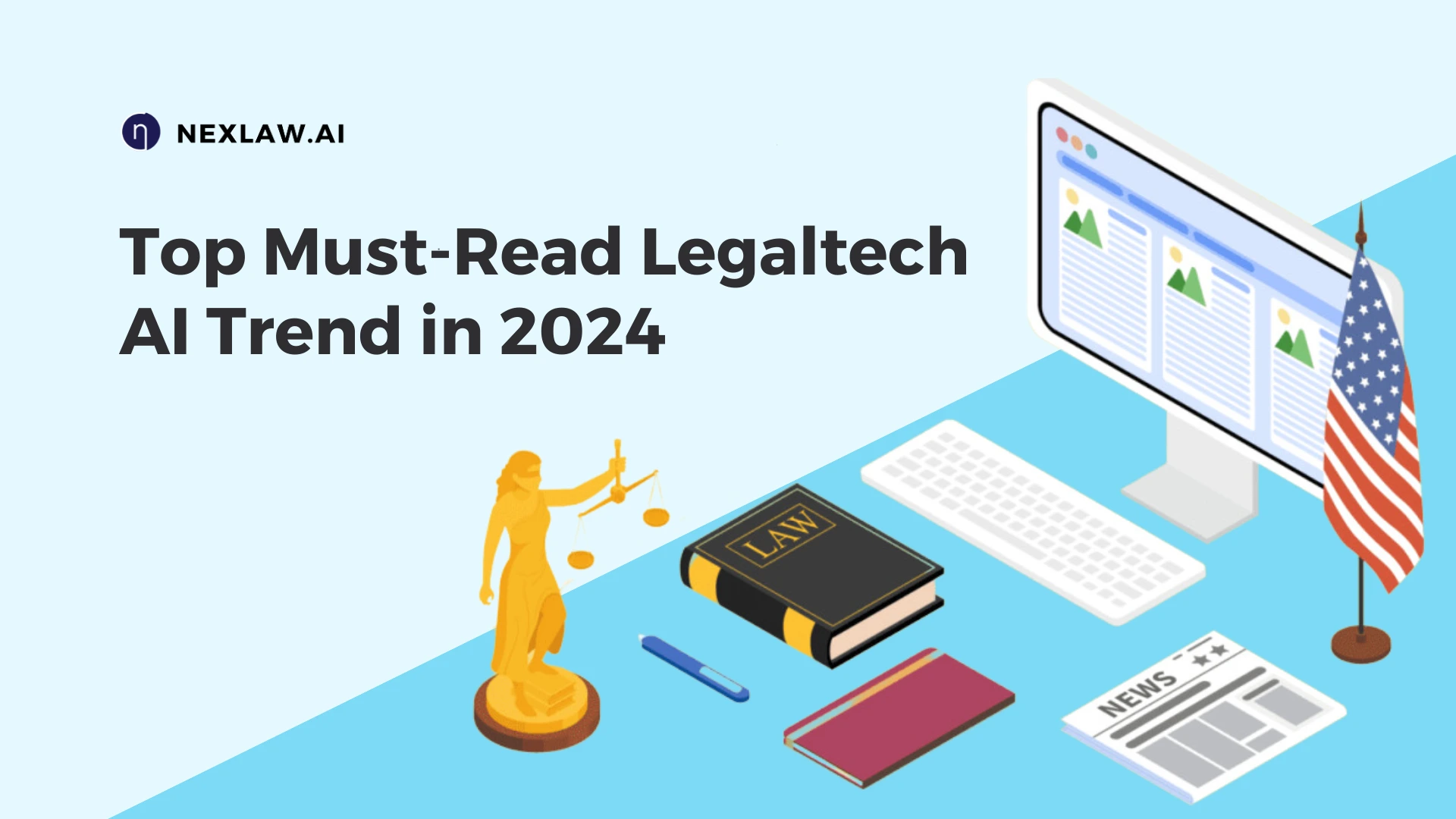AI in Canadian Law: Navigating the New Frontier
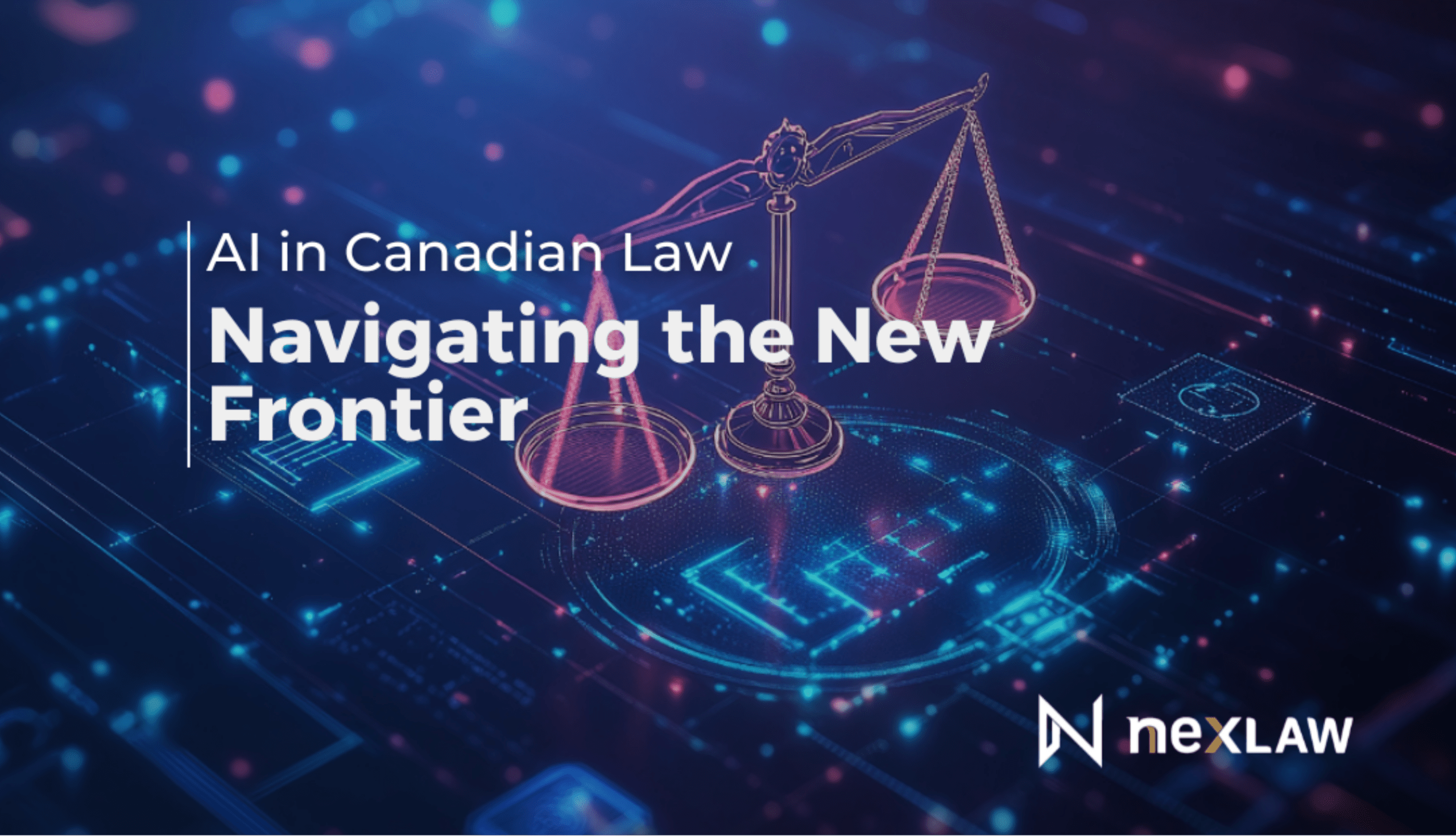
AI in Canadian Law: Navigating the New Frontier
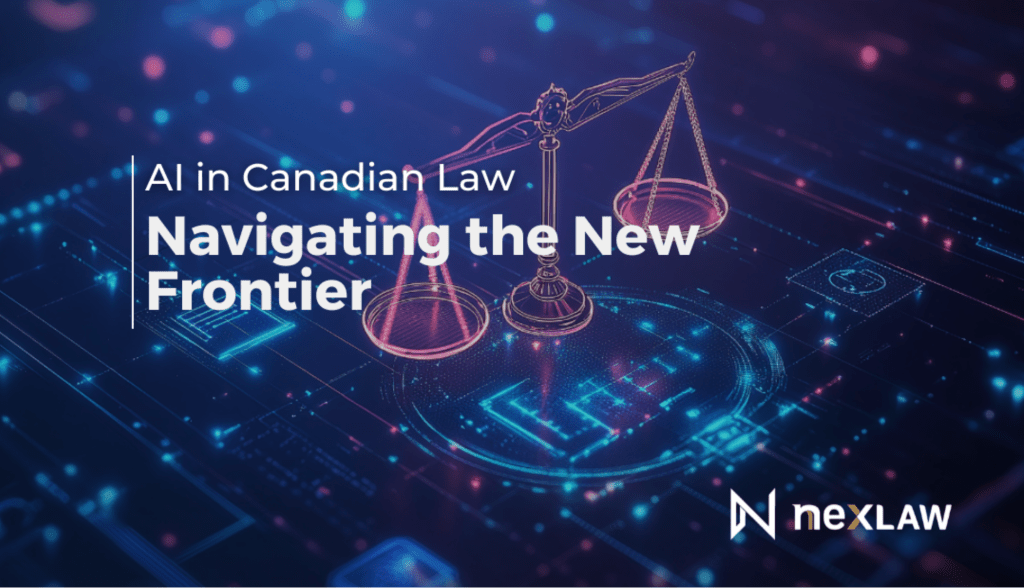
Introduction
Artificial Intelligence (AI) is no longer a futuristic concept; it’s a present-day reality reshaping the Canadian legal landscape. From automating tedious tasks to offering sophisticated analytical insights, AI’s influence is rapidly expanding. This blog post delves into the current state of AI in the Canadian legal industry, examining recent developments, practical applications, ethical considerations and the path forward for legal professionals.
Recent Developments: A Rapidly Evolving Landscape
The past year has witnessed significant advancements in the integration of AI within Canadian legal practices.
- AI-Powered Case Analysis on CanLII: Lexum’s CanLII has incorporated AI-powered case analysis for case law from several provinces and territories, enhancing legal research capabilities.
- New AI Practice Directives: The Canadian Judicial Council introduced new AI practice directives in September 2024, emphasizing that judges retain decision-making authority and that AI use must align with core legal values, privacy standards and provide explainable outputs.
- Federal Court Guidelines: The Federal Court of Canada has also issued guidelines for AI use, stressing transparency and human oversight.
- LSO Guidance on Generative AI: The Law Society of Ontario (LSO) has provided comprehensive guidance on the ethical use of generative AI, addressing confidentiality, accuracy, bias and client communication.
- AI and Data Act (AIDA): While the proposed federal AI legislation (AIDA) faced delays due to the April 2025 election, the government remains committed to strengthening Canada’s AI position. The future of this legislation is uncertain and depends on the outcome of the election.
Practical Applications of AI in Canadian Law
AI is transforming various aspects of legal practice in Canada:
- Enhanced Legal Research: AI-powered tools can efficiently scan vast legal databases, providing relevant case law and precedents.
- Streamlined Document Automation: AI facilitates the creation of contracts, pleadings and other legal documents, freeing lawyers from repetitive tasks.
- Efficient E-Discovery: Machine learning algorithms can quickly analyze large document volumes to identify key evidence.
- Predictive Analytics for Litigation: AI can analyze case data to provide insights into litigation strategy and potential outcomes.
- Improved Client Communication: AI-driven chatbots can offer instant answers to client inquiries, enhancing communication and satisfaction.

Act now to transform your
practice and achieve your goals.
See NexLaw in Action
Start your free trial and kick off your legal AI journey with a personalized demo
*By submitting the form, you agree to the Terms of Service and Privacy Policy
Ethical Considerations and Challenges
The integration of AI in law presents ethical challenges that must be addressed:
- Mitigating Bias: AI systems trained on biased data can perpetuate inequities. Lawyers must be vigilant in identifying and mitigating bias.
- Ensuring Transparency: The “black box” nature of some AI models raises concerns about explainability. Transparency is crucial for legal accountability.
- Protecting Data Security and Privacy: AI systems handle sensitive legal data, necessitating robust security measures.
- Maintaining Human Oversight: AI should augment, not replace human judgment. Lawyers must retain critical thinking skills.
- Addressing Job Displacement: The automation of legal tasks may lead to job displacement, requiring proactive solutions.
Canadian Courts Take a Cautious Approach
Canadian courts are adopting AI cautiously, emphasizing human oversight and ethical considerations. New practice directives underscore that AI is a tool to assist, not replace, judicial reasoning. The focus is on ensuring fairness, transparency and accountability in AI’s application within the legal system.
Key Considerations for AI Adoption in Canadian Law Firms

1.Data Privacy and Security
- Prioritize compliance with Canadian privacy laws (e.g., PIPEDA).
- Implement robust security measures to protect sensitive client information.
- Understand data storage locations and processing methods of AI tools.

2.Ethical Implications
- Develop clear guidelines for the ethical use of AI.
- Address potential bias in AI algorithms.
- Ensure transparency in AI-driven insights.
- Emphasize the importance of maintaining lawyerly judgment.
- Focus on AI’s role in enhancing justice and equity.

3. Professional Development and Training
- Equip lawyers and legal professionals with the necessary AI knowledge and skills.
- Provide ongoing training as AI technology evolves.
- Foster understanding of AI tool limitations.

4.Integration with Existing Workflows and Systems
- Develop a well-thought-out AI implementation strategy.
- Ensure a smooth transition of new technologies.
- Maximize the benefits of AI adoption within current practices.
- Assess existing technology infrastructure.
- Identify areas where AI can provide the most significant value.

5.Cost and Return on Investment (ROI)
- Evaluate the costs of adopting and maintaining AI tools.
- Analyze potential gains in efficiency and accuracy.
- Consider improvements in client satisfaction.
- Develop a clear understanding of the potential ROI to justify investment.
Conclusion
For NexLaw, the integration of AI into the Canadian legal sector presents a unique opportunity. By focusing on developing AI solutions that prioritize data privacy, ethical considerations and seamless integration, NexLaw can empower Canadian law firms to leverage the power of AI responsibly and effectively. NexLaw’s commitment to providing robust training and ongoing support will be crucial in helping legal professionals navigate this new frontier and ultimately deliver enhanced value to their clients. By staying at the forefront of AI innovation while adhering to the specific regulatory and ethical requirements of the Canadian legal system, NexLaw can become a trusted partner in the revolutionizing of justice.
Interested In Features Like This?
Receive complimentary access to our resources and a personalized live demo tailored to your needs.
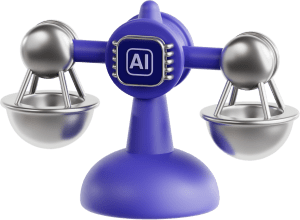
Related Articles
Navigating the Future of AI and Law
Trial Prep Just Got a Whole Lot Easier
Top Trends of Legal AI in 2024



